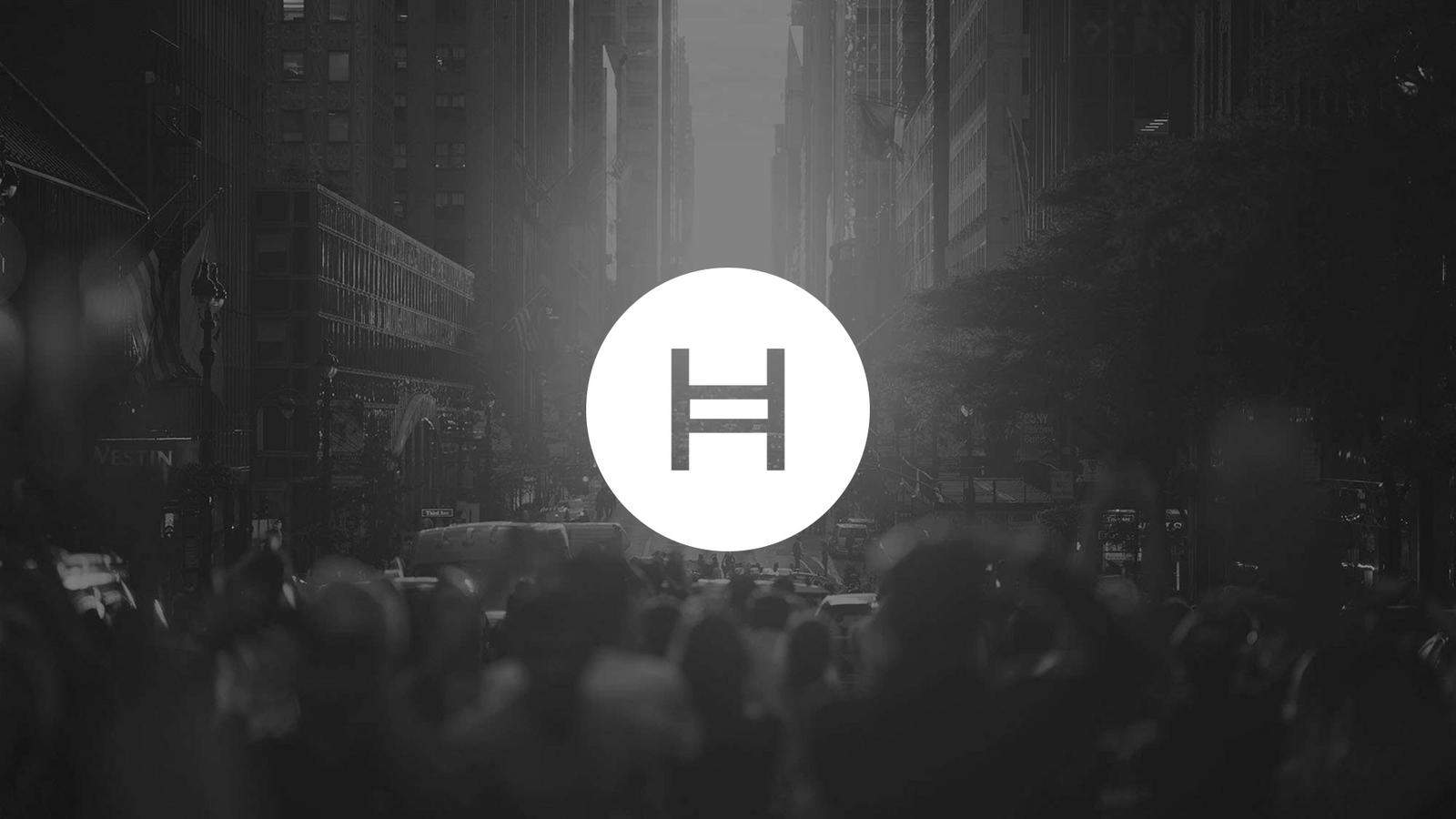Using the Hedera network, a public ledger for decentralized economies, Neuron, a leader in aviation technology, was able to prove safe tracking of drones over areas outside the line-of-sight of civilians in a government-sponsored trial. On 29 April 2021 at Port Montrose in Scotland and on 10 October 2021 at Cranfield University, sensors tracked the drones and recorded flight data using the Hedera Consensus Service. In the future, Neuron plans to provide a decentralized platform for a range of mobility solutions, such as drones, air taxis, autonomous vehicles and drones on the ground. Neuron will do this by connecting sensors, vehicles and management systems. This will provide a trusted network which can be used for data sharing, record keeping and potentially even decision making.
Until now, drones have had limited benefit for governments and private enterprises, because they could not be flown safely out of line of sight and therefore could not be used for long distance deliveries, transport, or inspections. With this trial, leveraging Hedera Consensus Service, we have made unmanned, long distance drone travel possible using safety-critical aviation infrastructure. Each flight creates millions of data points, which no other public ledger has been fast enough to log and correctly order. By leveraging the Hedera Consensus Service we can gather, store, and order this data immediately, giving us a real time ‘radar system’ for drones.
Niall Greenwood, CCO – Neuron
The Neuron sensors collect data points about each drone’s location and direction. Using the Hedera Consensus Service, each drone flight is then logged and timestamped on the decentralized public ledger of Hedera with a unique method. A scalable foundation for drone flights is provided by Hedera’s network, which operates at a higher speed and performance at a lower transaction cost than any other public distributed ledger technology (DLT). Data is protected on the Hedera network using the highest level of security (ABFT).
As part of a series of experiments by the UK’s department for Business, Energy and Industrial Strategy (BEIS), the trial was sponsored by BEIS to explore the use of drones. Piloted by Neuron, the trial demonstrated how drones can be tracked safely even once they are out of view. This allows the drones to travel longer distances without fear of crashing. DJI, the world’s largest drone manufacturer, is supplying the drones for the MediDrone trial.
Neuron plans to implement its solution for all drone use cases, transforming the UK’s industry and supply chains. As demonstrated across the UK on-demand, the drones would be used for remote medical testing, transporting medical supplies, moving equipment from hospital to hospital, and delivering Covid-19 tests kits.
Through this trial, Neuron has exhibited an extraordinary feat, allowing unmanned drones to safely exist in the sky. The Hedera Consensus Service enables the use of drones to transport essential equipment across long distances, which has enormous implications in the fields of healthcare and national security in particular. We are excited to continue Hedera’s work in these sectors, particularly following our notable partnerships with Everyware and Hala Systems, and to see diverse industries realize the benefits of the Hedera Consensus Service.
Mance Harmon, CEO and Co-Founder – Hedera Hashgraph
Using the Hedera Consensus Service, Everyware and the NHS have tracked the cold storage of COVID-19 vaccines in the UK, MVC has used the system for pharmaceutical tracking in Bahrain, and acoer has partnered with SAFE to provide track and trace of COVID-19 vaccines for Arizona State University, E&I Cooperative, and several large companies in the United States.
































